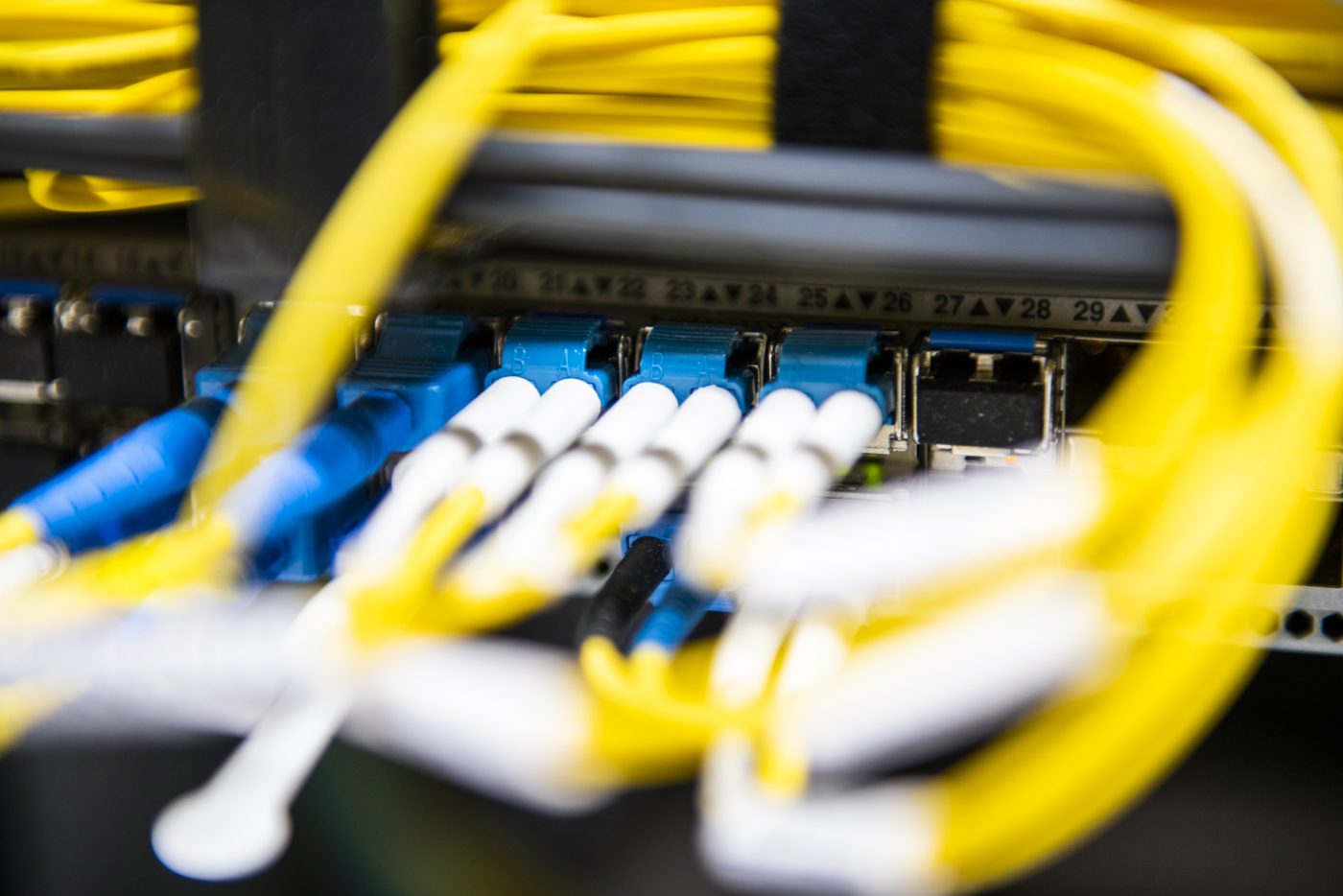The Internet. Crucial to businesses, but frequently underutilised
Internet is an essential utility. We have come to expect instant access to fast, secure Internet 24/7, and – like with water and electricity – we really feel its absence. So it seems strange that poor connections, delays on conference calls and failed transactions are seen as normal, albeit frustrating, occurrences within enterprise life. Imagine if you couldn’t consistently get access to clean water in your offices, or if all the lights turned off in the afternoon when too many people were in the building. Would employees just shrug it off and carry on as normal? Of course not! This would cause huge disruptions within the business, and would quite rightly be a top priority for executives to fix. So why don’t we hold Internet services to the same standards as other utilities? That’s the question that digital transformation drives are trying to solve. Digital transformation is revolutionising the way we use the Internet. Digital transformation initiatives aim to level up large enterprises’ use of Internet services, utilising a wider range of digital solutions to improve businesses operations, from distribution to research and development, sales to finance. Forward-looking enterprises who embrace new digital services are rewarded with higher performance, increased agility, and more reliable connections.
Peering at Internet Exchange Points offers a major boost to digital transformation efforts
One solution becoming increasingly popular with enterprises is peering, the free exchange of data between networks at an Internet Exchange Point (IXP). IXPs are thriving ecosystems of carrier networks, content delivery networks (CDNs), Internet service providers (ISPs), Public cloud providers and IT service providers. As these operators share the common interests of delivering quality services at controllable prices, they choose to interconnect with each other at IXPs. As the fastest and shortest route to other peering members, connecting at ISPs greatly reduces latency, increases speed and reduces the cost of an organisation’s Internet traffic whilst improving bandwidth and routing efficiency. It’s clearly a clever business solution, and there are a few key reasons why many enterprises are looking towards peering to augment their digital transformation strategies.
Improve performance to better your services
By providing the fastest and shortest route to other peering members, IXPs greatly reduce the latency of an enterprise’s Internet traffic. This high speed, super-reliable connection is a must-have for ambitious enterprises looking to digitally transform their businesses; by enabling stronger compute power, faster data processing, and the development of more resilient customer-facing digital products. As well as efficiency and power, peering can also help to improve the network resilience of businesses. IXPs have a proven track record of stability, and can provide the necessary SLAs which can handle enterprise expectations. Corporate users are beginning to realise that peering offers the redundancy and resiliency required for their digital transformation ambitions, without the high costs and unpredictability of the public Internet. Growing relationships between IXPs and enterprises are mutually beneficial. Peering enables enterprises to gain resilience for critical applications and optimise their network performance. Whereas IXPs gain more members, who attract even more members, which helps to grow the community of operators and further expand their marketplace.
Save money which can be redirected to product innovation
IXPs offer ongoing value for money. Through a monthly subscription, enterprises can peer with a myriad of Public Cloud Providers, as well as security applications and social networks. Peering is much more cost-effective than paying another company to carry your traffic – you can reach a much broader ecosystem with peering than you would be able to otherwise. What’s more, IXPs also tend to be hubs for competition, which can drive down prices and ultimately provide a better service for your end users. The money saved through peering services can then be invested into product innovation, improving customer experience, and procuring more advanced digital tools – all instrumental elements of a successful, on-going digital transformation strategy.
Peering at Italy’s leading Internet Exchange
With IXPs across Italy, (Milan metro area, Bologna and Palermo) totalling 10 points of presence (PoPs), MIX offers the perfect strategic gateway between central and southern Europe. The MIX interconnection platform offers customers an opportunity to exchange Internet traffic with enhanced network performance, increased data flow control, reducing latency and IP-Transit costs. For more information, you can reach out to our IXP experts here.



